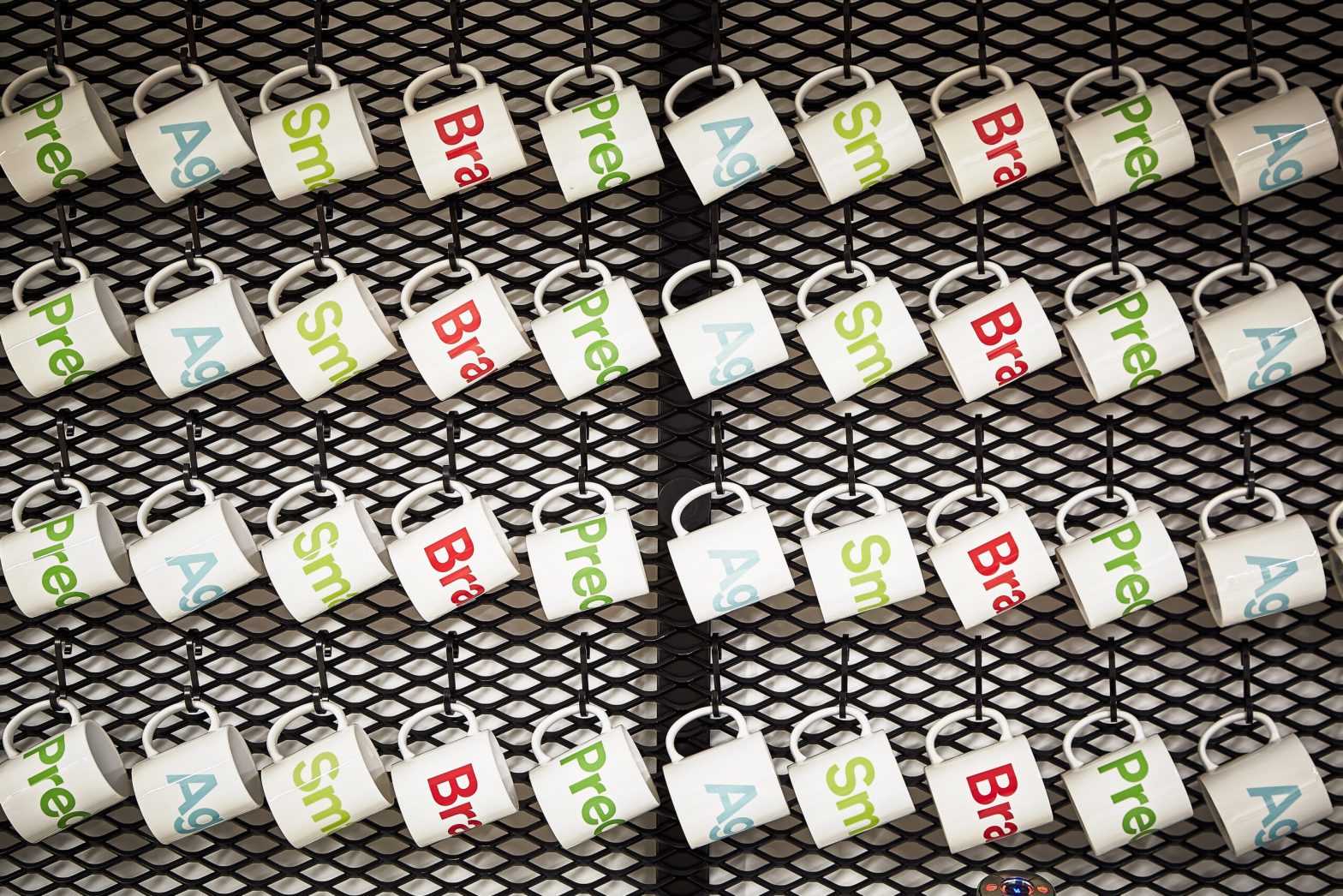
Our National Sales Manager, Bright Masih, came home from the conference bursting with ideas, insight and inspiration.
Here’s a little write up from him…
“How brands operate and communicate will drastically change in the years to come. If there was one killer takeaway message from the IMRG Connect conference earlier this month, it was that the retail world is now unrecognisable, and it will be again in twelve months’ time. We attended the event in London and made sure to take a few notes on some of the interesting discussions and stories that we heard.
Firstly, I listened to a fascinating presentation being given by Paul Fennemore MSc., who’s with Sitecore as Digital Transformation Consultant. Also an Associate Lecturer at Oxford Brookes University, Paul teaches Digital Marketing and Communications to Masters students. His brilliant presentation touched upon a range of themes and also explained that brands are dynamically changing their go-to-market approach to meet the needs of the contemporary consumer.
Paul shared his thoughts on poor delivery experience and how few things could break a customer’s trust faster. Interestingly, customers are tolerant but want clear, transparent and helpful communication so that they can adjust accordingly. This sat well with my view that retailers need to improve this area of their operation before anything else, ensuring that customers are kept abreast of issues and provided with delightful, well-thought-through journeys and experiences. It’s no longer enough just to send them off to a carrier’s website with a huge tracking number, hoping they can understand carrier-speak. Paul went on to talk about the tectonic shifts that were happening and that would happen in retail; highlighting the closures plaguing the high street both here in the UK and in the US.
Brands are seeking to gain actionable insights on product purchases and make changes for their customers. They’re now commonly seeking to cut out the resellers and middle men to ensure they can own that data and insight- so not necessarily great news for some retailers who sell multiple brands and like to keep the secrets. This is mainly because retailers are failing to provide brands with the analytical insights they need on who’s buying their products, when, how and why. This disintermediation means that more and more will be selling to their target customers directly.
Take for example Dollar Shave Club. Dollar Shave, unlike Gillette, has decided to go direct to the end consumer. The products are cleverly engineered with a great back story, but unusually their sales model is subscription based. Most men know how often they shave, so buying razors and the associated products becomes a chore and often an expensive one at that. Dollar Shave just signs up a customer and then sends shaving stuff monthly, for a fixed subscription cost. This genius concept ensures repeat purchase, recurring revenue and targets a base that knows paying £15+ for a pack of blades is expensive.
